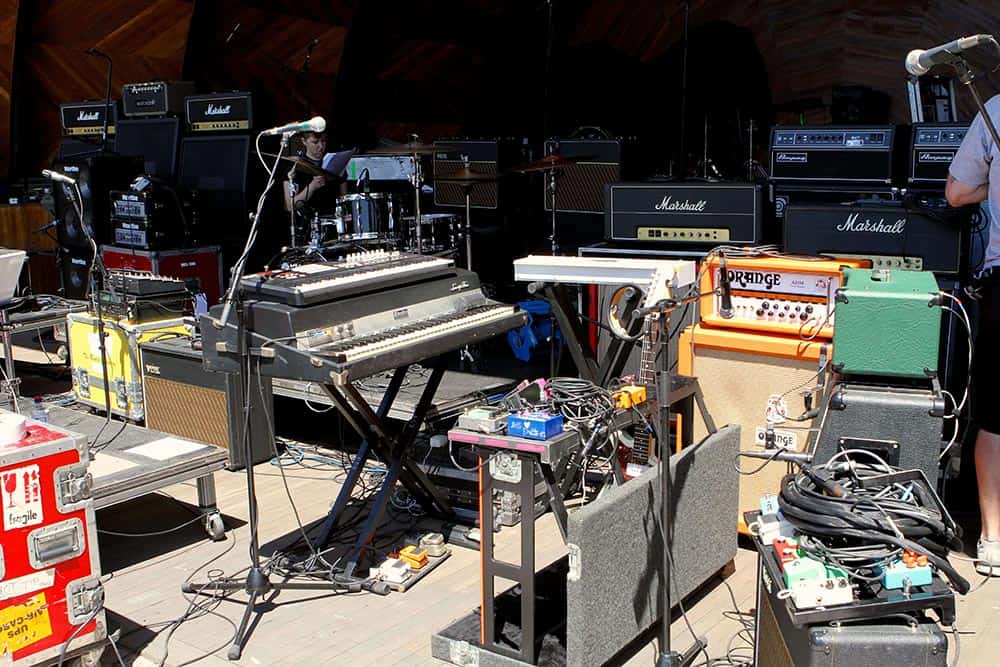What do I need to do?
You will:
♦ work with others to identify the main roles within the co-operative activity and/or activities, what your role is, what you will do, and how these relate to the roles and tasks of others
♦ organise your own role in the co-operative activity and/or activities
♦ make/accept suggestions and adapt your role and behaviour accordingly (for example, accommodating any difficulties or changing circumstances)
♦ pro-actively seek and offer support from/to others (for example, anticipating others’ needs, keeping others informed of progress, taking time to praise others)
♦ contribute to co-operative decision making (for example, managing conflict, deciding on role changes)
♦ develop criteria which you can use to evaluate your contribution and the contribution of others to the co-operative activity and/or activities
♦ receive and consider feedback and advice on your contribution to the co-operative activity and/or activities
♦ evaluate your own contribution to the co-operative activity and/or activities against your chosen criteria, justifying your conclusions with evidence
♦ evaluate overall co-operative working (for example, consider your own involvement, the involvement of others)
♦ set objectives for how you could improve both your own skills and co-operative working in future, justifying your conclusions with evidence
Your tutor will offer you time to practise your skills.
What do I need to do?
You will:
♦ work with others to identify the main roles within the co-operative activity and/or activities, what your role is, what you will do, and how these relate to the roles and tasks of others
♦ organise your own role in the co-operative activity and/or activities
♦ make/accept suggestions and adapt your role and behaviour accordingly (for example, accommodating any difficulties or changing circumstances)
♦ pro-actively seek and offer support from/to others (for example, anticipating others’ needs, keeping others informed of progress, taking time to praise others)
♦ contribute to co-operative decision making (for example, managing conflict, deciding on role changes)
♦ develop criteria which you can use to evaluate your contribution and the contribution of others to the co-operative activity and/or activities
♦ receive and consider feedback and advice on your contribution to the co-operative activity and/or activities
♦ evaluate your own contribution to the co-operative activity and/or activities against your chosen criteria, justifying your conclusions with evidence
♦ evaluate overall co-operative working (for example, consider your own involvement, the involvement of others)
♦ set objectives for how you could improve both your own skills and co-operative working in future, justifying your conclusions with evidence
Your tutor will offer you time to practise your skills.

SUMMARY
This Unit is designed to provide candidates with the practical skills necessary to provide technical support to musicians or sound engineers, either in a performance environment or in a recording studio. Candidates will have the opportunity to develop skills in assembling, tuning and maintaining a drum kit and guitar, and soldering and testing leads. They will also have the opportunity to develop knowledge of Portable Appliance Testing (PAT) of electrical equipment.
The purpose of this Unit is to allow candidates to plan, implement and evaluate a creative project. Candidates will be required to produce a project in response to a given brief. This project should be completed by an individual candidate, however the production of the evidence may involve working collaboratively with others.
This Unit is designed to promote synthesis of knowledge and skills and to give candidates the opportunity to develop key skills such as planning, communication, problem solving and time management.

